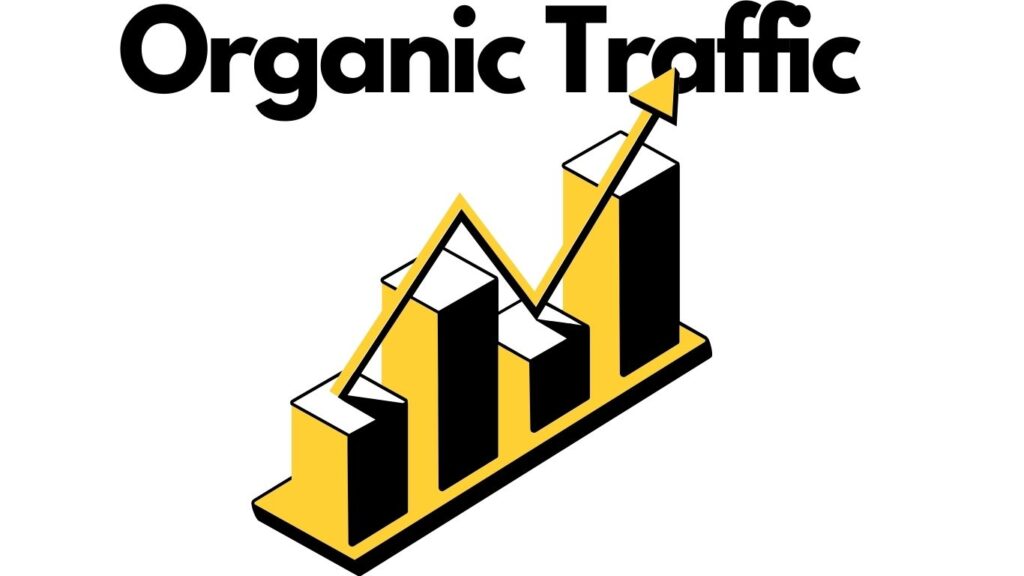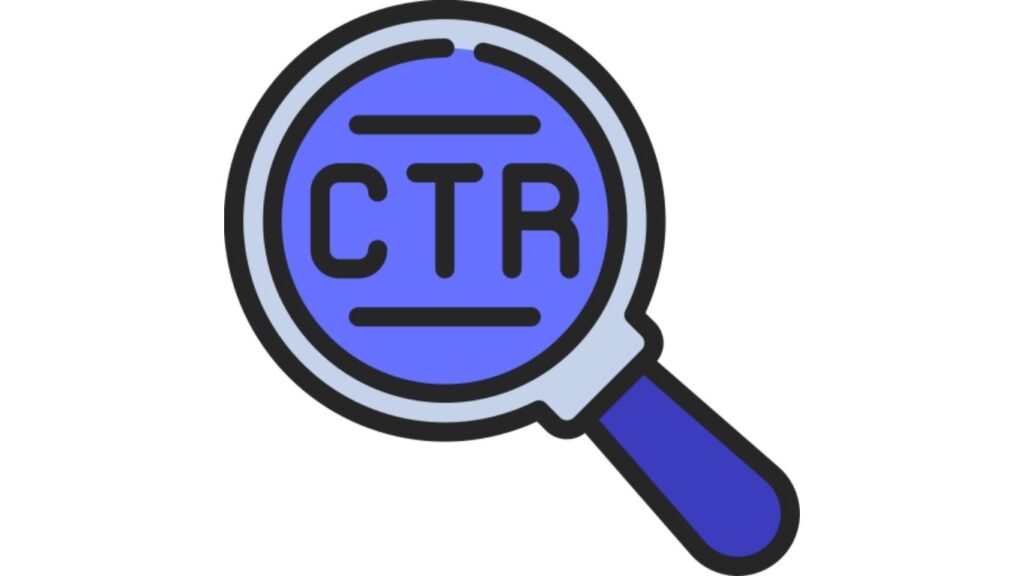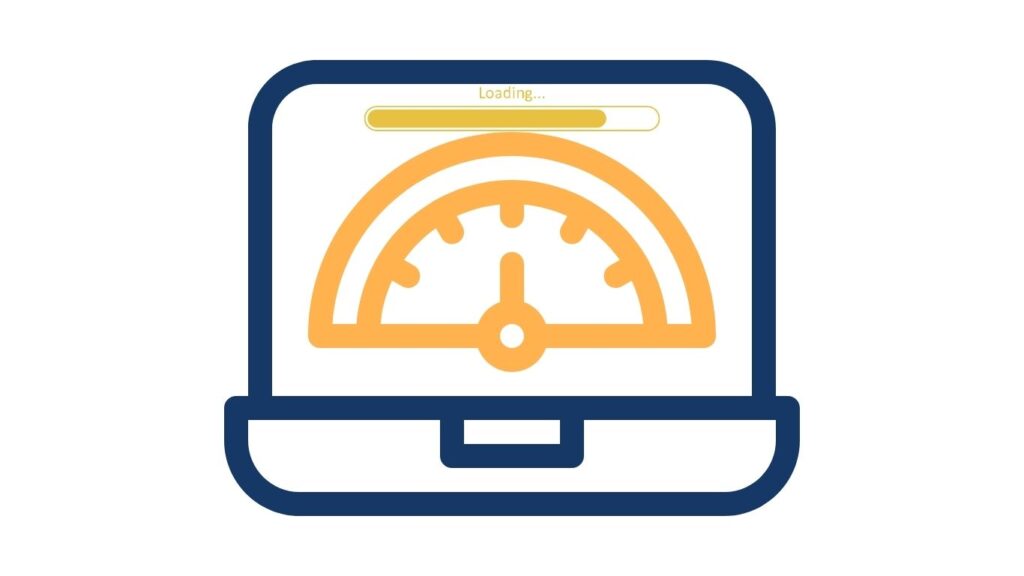
SEO metrics are very important when it comes to improving website performance and rankings on search engines. These metrics help to figure out what is working, what is not working, and where to focus. Tracking the right metrics can make a big difference if you are just starting with SEO or looking to refine your strategy. So, let’s break down the most important SEO metrics to measure, why they matter, and how they can impact overall online presence.
What Are SEO Metrics?
In simple words, SEO metrics are data points or measurements that help to understand how good a website is performing on search engines like Google. Additionally, these are tools that show your website’s health, visibility, and user experience. You can also adjust your strategies to improve your website rankings, traffic, and conversions by analyzing these metrics.
Why Are SEO Metrics Important?

It is hard to rank a website to the best possible rank without tracking the right search engine performance metrics. SEO is all about making data-driven decisions. Additionally, when you have data on your website then you know what’s happening with your website, you can:
- Identify what’s driving traffic.
- Find and fix problem areas.
- Stay ahead of competitors.
- Ensure a better user experience.
Important SEO Metrics to Track

Here are the most important metrics to measure and how they impact your website’s overall performance:
Organic Traffic

Organic traffic refers to the number of visitors who come to your website from search engine results, not ads. This is one of the most important factors of your SEO success because it directly shows how well your website ranks for your target keywords.
- Why it matters: High organic traffic means your content is relevant and optimized.
- How to measure: Using tools like Google Analytics or SEMrush.
Keyword Rankings

Tracking your keyword rankings tells you where your site appears in search results for specific keywords. It is very important to monitor your performance for primary and also long-tail keywords.
- Why it matters: Better rankings mean more visibility, which leads to better organic traffic.
- How to measure: Using tools like Ahrefs or Google Search Console.
Bounce Rate

The bounce rate is the percentage of visitors who leave your website after viewing only one page. Likewise, a high bounce rate means people are not getting what they are looking for.
- Why it matters: A lower bounce rate indicates a better user experience.
- How to measure: Google Analytics provides detailed bounce rate metrics.
Click-Through Rate (CTR)

Click-through rate (CTR) measures how often people click on your website link in search results compared to how often they see it. Similarly, a low CTR can mean your meta titles or descriptions are not powerful enough.
- Why it matters: A higher CTR leads to more traffic and better rankings over time.
- How to measure: Check the CTR in Google Search Console.
Domain Authority (DA)

Domain Authority Is developed by Moz and scores your website on a scale from 1 to 100 based on the website’s overall strength. Similarly, a higher DA means your website has more authority and is likely to rank better.
- Why it matters: It helps you evaluate how your site stacks up against competitors.
- How to measure: Using Moz’s free DA checker or SEO tools like Ahrefs.
Page Load Speed

Website speed directly impacts the user experience and search rankings. If your website takes too much time to load then visitors are likely to leave, and Google might rank you lower.
- Why it matters: Faster sites have lower bounce rates and higher engagement.
- How to measure: Tools like Google PageSpeed Insights or GTmetrix are helpful.
Backlinks

Backlinks are links from other websites pointing to your site. They are key factors for search engines because they indicate your website’s credibility.
- Why it matters: More high-quality backlinks mean better authority and rankings.
- How to measure: Use tools like Ahrefs or SEMrush to analyze your backlink profile.
Time on Page

This metric tracks how long visitors spend on a particular page of your site. Likewise, the longer time spent means your content is engaging, and useful for visitors.
- Why it matters: It shows the effectiveness of your content.
- How to measure: Available in Google Analytics under “Behavior” reports.
Mobile Usability

More people browse on mobile devices than ever before, so having a mobile-friendly site is very important.
- Why it matters: Mobile usability is a Google ranking factor.
- How to measure: Using Google’s Mobile-Friendly Test tool.
Conversion Rate

The conversion rate tracks how many visitors complete a desired action, like filling out a form or making a purchase.
- Why it matters: It directly ties your SEO efforts to business goals.
- How to measure: Check Google Analytics under “Goals” or use specialized conversion tools.
Core Web Vitals

These metrics focus on your website’s overall loading experience, interactivity, and visual stability. Google uses them as ranking signals.
- Why it matters: They ensure a smooth user experience, which is important for ranking and retaining visitors.
- How to measure: Google Search Console has a Core Web Vitals report.
Bonus Tips for Tracking SEO Metrics
- Use SEO tools: Platforms like Google Analytics, SEMrush, Ahrefs, and Moz make it easier to gather and analyze data.
- Set goals: Decide what success looks like for you (for example, increasing organic traffic by 20% in 6 months).
- Track regularly: Monitor your metrics at least monthly to identify trends and make informed decisions.
- Prioritize user experience: Metrics, like bounce rate and time on page, are closely linked to how users interact with your site.
Conclusion
In conclusion, tracking the right SEO metrics is the way to a successful online strategy. From organic traffic to keyword rankings and bounce rate, these data tell the story of a website’s performance. In addition, regularly monitoring these metrics and data-driven decisions will help you stay competitive and achieve your goals.
Moreover, always remember that SEO is a marathon, not a sprint. Be patient, keep optimizing, and always focus on providing value to the audience. As a result, you will be well on your way to climbing the search engine ranks and boosting your online presence with the right metrics in your hand.
